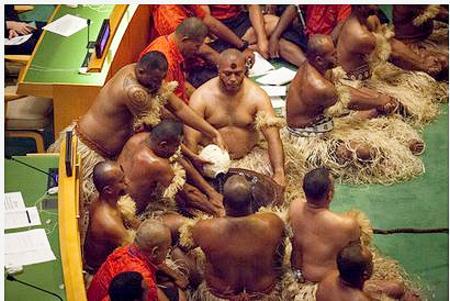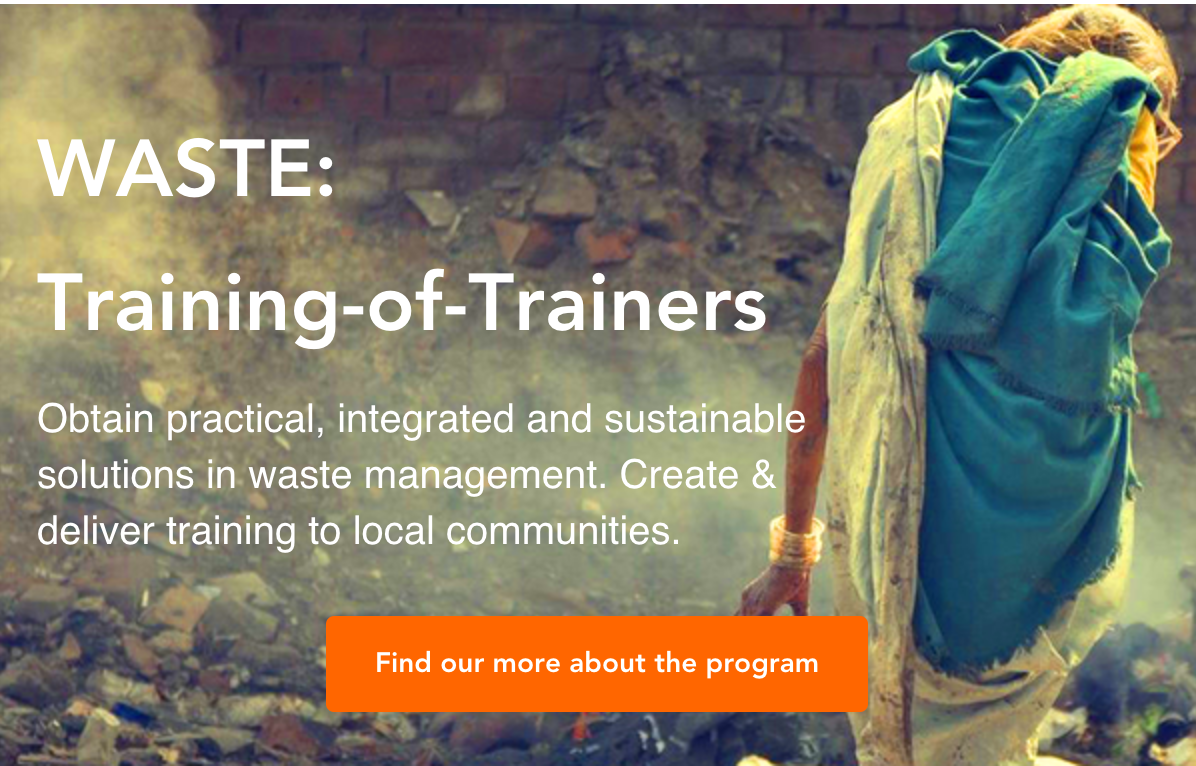Mayday: All Hands on Deck for Oceans

Common dolphins off the coast of Monterey Bay, California, Feb. 17, 2013 (Photo by John Kay) Creative commons license via Flickr.
By Sunny Lewis
NEW YORK, New York, June 6, 2017 (Maximpact.com News) – “We are here on behalf of humanity to restore sustainability, balance and respect to our relationship with our primal mother, the source of life, the ocean,” President of the UN General Assembly Peter Thomson of Fiji declared on opening day of the inaugural UN Oceans Conference .
At UN headquarters in New York on Monday, he told thousands of participants: heads of State and Government, civil society representatives and business people as well as ocean and marine life advocates, “The time has come for us to correct our wrongful ways.”
Thomson spoke out against “inexcusable” actions, such as dumping the equivalent of one large garbage truck of plastic into the oceans every minute of every day, driving fish stocks to the points of collapse, and destroying marine life through acidification and deoxygenation.
The five-day Ocean Conference, initiated by Sweden and Fiji, opened Monday on the UN’s annual World Environment Day with a Fijian traditional welcome ceremony.
It is the first UN conference to focus on one specific Sustainable Development Goal: Number 14 – conserving and sustainably using the oceans, seas and marine resources to benefit present and future generations.
Isabella Lövin, Swedish deputy prime minister, minister for International Development

Secretary-General António Guterres (right) meets with Isabella Lövin, Minister for International Development Cooperation and Climate and Deputy Prime Minister of Sweden. (Photo by Mark Garten courtesy United Nations) Posted for media use
Cooperation and a Green Party member, said, “Saving our oceans requires global leadership now. The situation is urgent. The trend we are seeing with overfishing, emissions and littering means that unless we do something by 2050, there will be more plastic than fish in the oceans.”
As conference organizers, Sweden and Fiji want to mobilize and accelerate engagement on sustainable ocean management and development to strengthen sustainable development in the most vulnerable countries and regions.
Warning that the special relationship between people and the ocean that brings untold benefits for life is under threat as never before, UN Secretary-General António Guterres told the opening of the Ocean Conference that the problems of the ocean—all created by human activity, can all be reversed and prevented with decisive, coordinated action.
“Oceans are a testing ground for the principle of multilateralism,” said Guterres. “The health of our oceans and seas requires us to put aside short-term national gain, to avoid long-term global catastrophe. Conserving our oceans and using them sustainably is preserving life itself.”
The sustainable oceans, seas and marine resources goal is central to the entire UN development agenda and is closely linked to other goals, such as combating poverty, food security, combating climate change, sustainable production and consumption, and supply of clean water and sanitation for all.
“Oceans are of vital importance to our survival and that of the entire planet. They are a crucial source of protein for the world’s poorest people. Failing to save the oceans will lead to widespread global insecurity,” warned Lövin.
But Lövin struck a note of optimism on opening day. “We are truly looking forward to seeing new partnerships being formed, and new voluntary commitments on SDG 14 being submitted during and after the conference, and warmly welcome the commitments already made,” she said. “The momentum is really energizing.”
Fiji Prime Minister Frank Bainimarama, the incoming president of the next UN Climate Conference in November, emphasized the links between ocean and climate health.

The United Nations Oceans Conference opened with a traditional Fijian welcome ceremony in the Hall of the UN General Assembly, New York, NY, June 5, 2017 (Photo by Ariana Lindquist courtesy United Nations) Posted for media use
“Climate change poses the biggest threat the world has ever known. And the quality of our oceans and seas is also deteriorating at an alarming rate. They are interlinked, because rising sea levels, as well as ocean acidity and warmer waters have a direct effect on our reefs and fish stocks and the prosperity of our coastal communities,” said the Fijian leader.
The main areas of work at the Ocean Conference will be a political call to action, a segment on partnership dialogues and voluntary commitments. To date, more than 830 voluntary commitments have been registered. See them at: Ocean Conference Commitments
The commitments should be specific, measurable, achievable, resource based, with time-based deliverables.
“The Ocean Conference is where we truly begin the process of reversing the cycle of decline into which our accumulated activities have placed the ocean,” said Thomson.
“By adding to the conference’s register of voluntary commitments; of producing practical solutions to Ocean’s problems at the Partnership Dialogues; and through the affirmation of the conference’s Call for Action, we have begun that process of reversing the wrongs,” he said.
A sampling of the voluntary commitments registered to date shows a wide variety of ocean protection efforts:
- The International Labour Organization commits to achieving decent work through the elimination of exploitative labor conditions for fishers and seafarers
- Panama commits to emissions reduction from international shipping through the Panama Canal.
- Canada commits to protecting at least 10 percent of its marine environment by 2020 with 0.9 percent of its coastal and marine areas as of 2017 already protected.
- Samoa commits to establish a National Marine Sanctuary together with scientific research, monitoring, and education programs to foster a marine ethic of conservation and marine stewardship.
- Greece commits to establishment of a Marine Protected Area at the coastline of Plakias, Crete to protect endangered species, increase biodiversity, conserve important ecosystems and increase eco-tourism.
- Turkey commits to conclude Marine Litter Action Plans at the end of 2018 which will be prepared for each province that borders the Mediterranean Sea, Black Sea or Sea of Marmara. Strong waste management policies as well as reduction, reuse and recycling activities are encouraged by Turkish government.
- Adidas, the shoe manufacturer, commits to produce one million pairs of shoes made from with recycled ocean plastic by the end of 2017, Phase out the use of virgin plastic, and invest to divert plastic litter from coastal communities and turn it into products.
- The Walton Family Foundation commits to work with Indonesia, the United States, Mexico, Peru, and Chile to improve fisheries management for the benefit of fishing communities and ocean habitats over the next 10 to 20 years and work to ensure that fish entering the European Union, Japan and the United States are sustainably caught.
- The civil society organization oneocean.fm commits to raise awareness for ocean conservation through the power of music. Collaborations bring together Dr. Sylvia Earle, Sir Richard Branson, Fabien Cousteau, and like minded platforms, organizations, businesses and radio stations from around the world.
